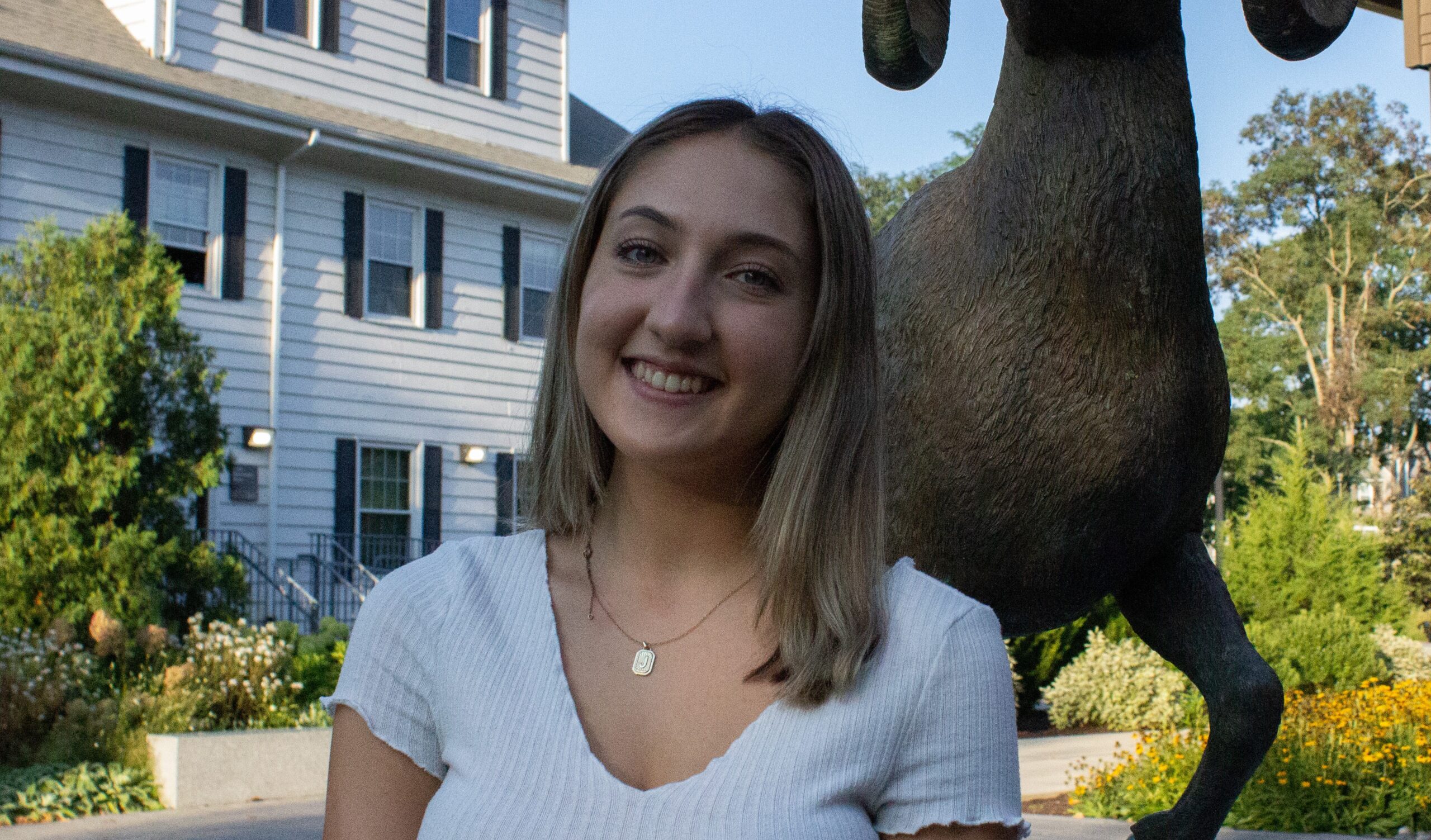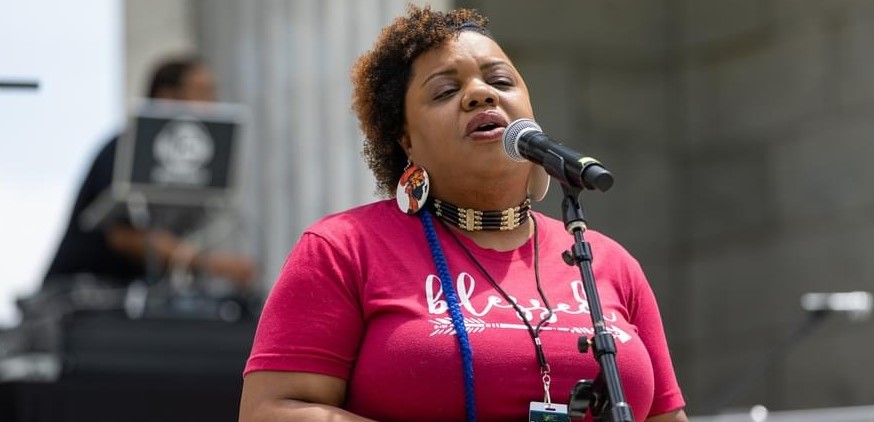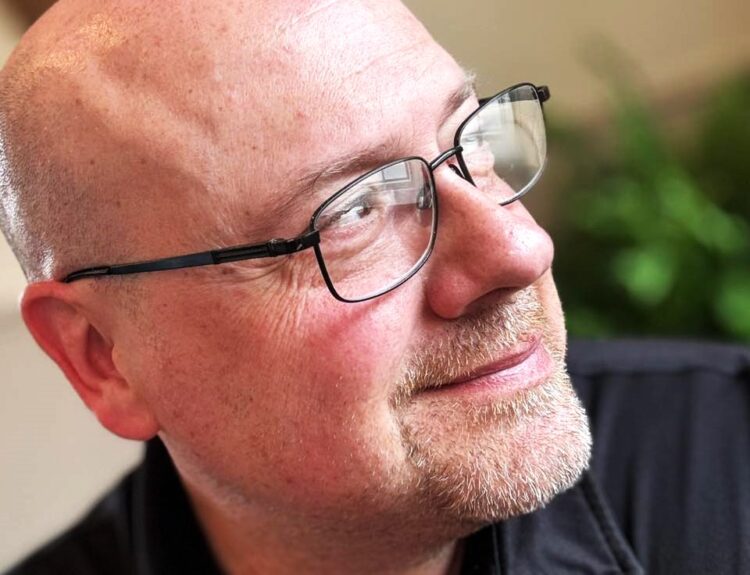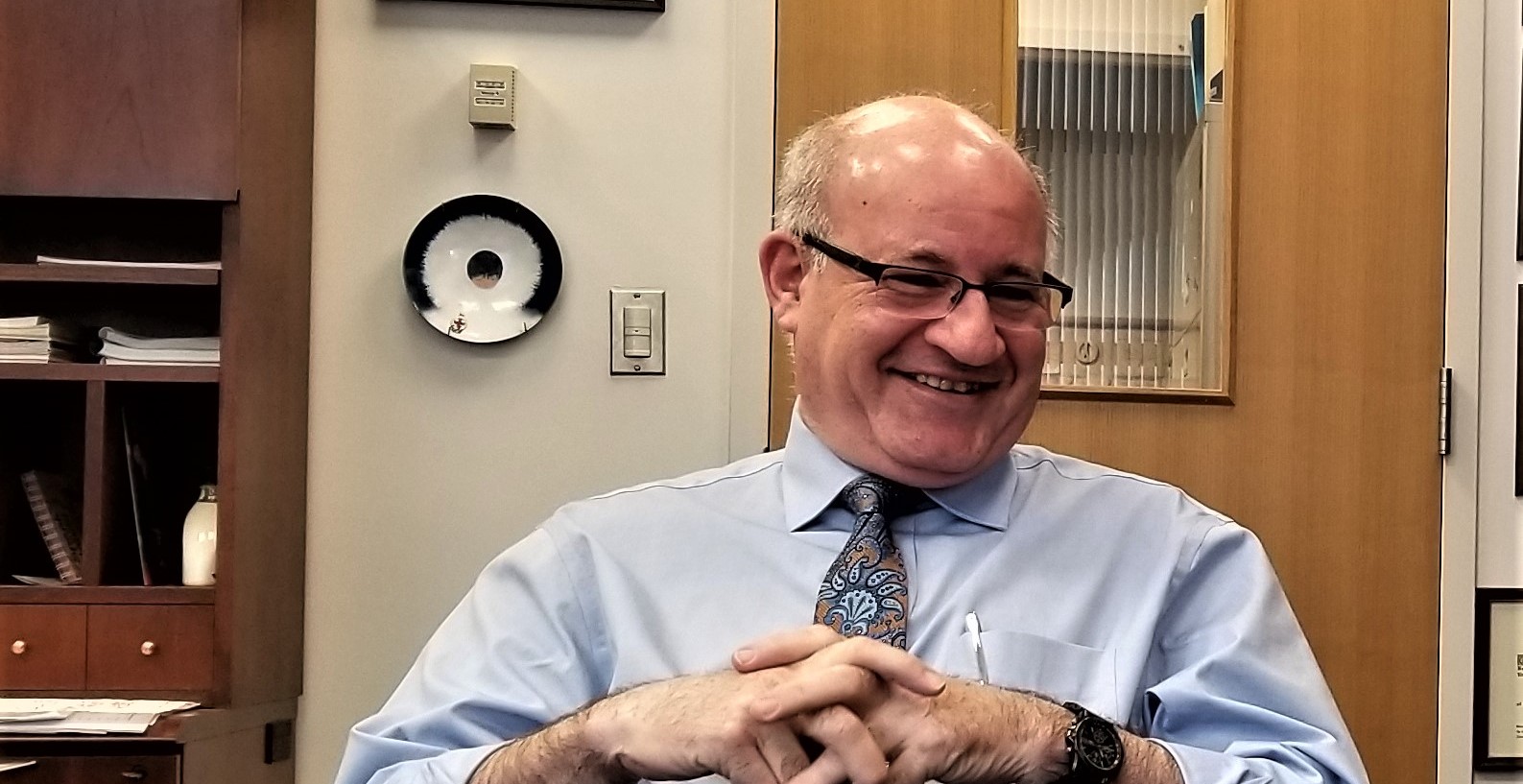
You have just finished your junior year at the University of Rhode Island, where you are the Editor-in-Chief of The Good Five Cent Cigar. Tell us about the newspaper – how often it is published, the kinds of stories it covers and so forth.
The Good Five Cent Cigar publishes a weekly print edition on Thursdays. We have a news broadcast that goes out on YouTube every Thursday as well, and at the beginning of 2023, we implemented a weekly newsletter that features our top stories of the week that goes into our subscribers email inboxes on Thursday mornings. We have four sections of the print paper – news, features, sports and entertainment – that usually publish about five to seven stories per section each week. Since we are the student newspaper of the University of Rhode Island, we cover mainly on-campus news, profile different students, professors, clubs, local bands, events going on on campus, tuition increases, etc. This past semester, we’ve tried to branch out into more local news as well, or we’ve taken national headlines and looked at them through a “URI lens” so that the URI community knows how they are affected. We have also branched into more data journalism, looking at things as small as how many coffee’s the dining hall sells per day or as large as changes in the University budget.
As Editor-in-Chief, what are your responsibilities?
As Editor-in-Chief, I’m in charge of editing all of the stories that go into the paper each week, as well as our photos, newscast and social media posts. I work closely with the URI student senate, as well as the Cigar’s business manager, to manage our budget. I run our two weekly meetings – our Monday night pitch meetings as well as our Wednesday night production meetings with our editorial staff – and I check in with our editors and reporters on a regular basis to make sure that everyone is on track and that we are working to our fullest capacity.
And prior to becoming the top editor, you were a contributing reporter, staff reporter and news editor. That’s quite a record! When did you first become interested in journalism? We are guessing before enrolling in URI.
Growing up, I always excelled in my writing and English classes, and definitely struggled more to understand my math and science classes. I knew that I enjoyed and had a “knack” for writing throughout the years, so when I started my freshman year of high school, I signed up to take a journalism elective during my first semester. It wasn’t until I took that class that I started considering journalism as a future career. The following year, I took the second journalism elective, “journalism II,” where I was the only student in my high school enrolled in it. I created a small news package about Hurricane Irma that hit Puerto Rico in 2017, and I got hooked on the idea of becoming a journalist. When senior year rolled around and I was applying for schools, I knew that I wanted to pursue journalism.
Were there any people who greatly influenced your passion?
Every first-year journalism major at URI is required to take Journalism 115 with former journalism department head John Pantalone. It’s an introductory course, and we covered basic journalism ethics, learned about libel, objectivity, fair reporting and things of that nature. I started at URI in 2020, and that was my only in-person course I was taking at the time. After the first few classes, Professor Pantalone pulled me aside and told me that my writing had a lot of potential, and that I should consider writing for the Cigar. Over the years, I’ve taken more classes with him and was even a TA for one of his classes. While he can be strict, he knows what he’s looking for, and he pushes students to be better. He’s a legend in the journalism department at URI. I probably would not have joined the Cigar right away if it weren’t for him, and he’s been someone that I’ve looked up to since my freshman year.
At URI, you are majoring in journalism and communications, with a minor in political science. That’s a heavy load. Short-term, where do you see yourself headed after graduation?
Short-term right after graduation, I see myself working in a role that exposes me to multiple facets of the industry in order to find my niche. I’d like to stay in the northeast, close to my family and friends and really get myself involved in the industry. I’m really eager to put all of my knowledge that I’ve gained through my experiences in college to work.
And long-term?
I love news and everything about the industry, but my main passion is in print reporting. I often joke that I have a million “dream jobs,” but at the top of my list would be working for a magazine in New York City. I love the culture and fast-paced atmosphere of living in a city, and I definitely want to experience living there for at least a few years in my life.
This is an era when many newspapers and broadcast outlets are closing and downsizing, and when certain people have called members of the media “enemies of the people.” Why does journalism remain so important to American democracy?
In my journalism classes, professors always mention how journalism is the only profession written into the constitution, under the first amendment. I think that this proves its importance enough – democracy would not survive if it weren’t for journalists. It is of utmost importance that citizens are informed and that the government is held accountable, and the first people that are there asking those questions and holding them accountable are the journalists. We also have the tools, training and resources to be able to research issues in-depth and cover topics in a well-rounded way. Journalism is also important because it provides a “voice for the voiceless.” Shedding light on important topics in underrepresented groups and being able to elevate those voices is what makes journalism vital for democracy.
You not only write and edit – you were a panelist on the Rhode Island Second Congressional District Forum last October, and the next month, were a panelist on Rhode Island PBS’ popular current-events show “A Lively Experiment.” Tell us about those.
Those two experiences were definitely highlights of my undergraduate journalism career. It was an honor to have been chosen by the former editor-in-chief of the Cigar, Jason Phillips, to be the editor that represented us on the stage at the Rhode Island Second Congressional District Forum. It was an intimidating stage to sit on amongst experienced journalists. I’d never done anything of that nature before, and as an out-of-state student, I knew very little about Rhode Island politics before moderating the forum. To prepare, I did extensive research on all of the candidates’ campaigns, as well as asking some URI students what issues they cared about when it came to politics. With my peers’ feedback, I then tried to formulate my questions around what young voters felt were important. I felt it was my duty to represent Gen Z in that forum, as well as on “A Lively Experiment.”
Going on “A Lively Experiment” was another incredible experience. The host, Jim Hummel, was fantastic to work with. Again, it was definitely surreal to be in a real studio, getting my “TV makeup” done and all, but it just made me more and more excited to be going into this industry. The other guests on my episode were Mary Lind, who is my former Cigar coworker and Emily Lynch, who was my political science professor at the time, and are both people that I deeply admire. Going on “Lively” a month after the Congressional Forum was full-circle as I was able to look at the election from the beginning stages and after the results came out. It was both of these experiences that inspired me to pick up my political science minor and I became more invested in local politics in Rhode Island and in my home state, Connecticut.
We note that you mentored two freshmen at URI. What did that entail?
This past academic school year, the URI College of Arts and Sciences started a new peer mentor program for incoming freshmen to be paired with an upperclassman mentor in their same major. Over the summer going into the fall 2022 semester, I was in contact with both of my mentees via text message, and answered any questions that they had about URI, the journalism program and living on campus. Before I fell in love with journalism, I wanted to be a teacher, and I’ve always had a passion for giving advice and helping others. I’m still in contact with my two mentees today, and the two of them are now close friends, which is heartwarming for me to see.
You are, of course, one of Ocean State Stories’ freelance writers. How do you find time for all of this?!
I am someone who thrives under pressure and am unable to sit still, so when I came to college, I knew that I wanted to get involved in as many things as possible. My main involvement is with the Cigar and my sorority, Chi Omega, where I’ve held multiple chair positions over the past three years. When you love something, you will always find time for it, and that’s how I feel about all of my journalistic endeavors and sorority obligations. It can get overwhelming at times, but I am a huge advocate for planners and to-do lists. I try my best to be productive mostly throughout the day so that I have time to unwind and socialize at night by watching a movie with my roommates. I also make it a point to schedule in some self-care time in my days, whether that be by attending a hot yoga class or reading a book.
What advice would you have to young people in high school and college who may be interested in journalism?
My advice would be to not let it scare you. It’s difficult to be vulnerable and put your writing out there, to ask the hard questions, or to receive criticism, but it only makes you stronger overall. Being able to connect with others and tell other people’s stories through your own writing is one of the greatest gifts. Once you’re in college, it’s also easy to compare yourself to your peers who may be in different, “harder” majors. Don’t let anybody make you feel like the work that you do is unimportant, or that your major is “too easy.” All majors are difficult and important in their own way. It’s easy to think that journalism is a dying profession with all of the controversy surrounding the media in today’s society combined with the closure of a lot of print newspaper publications, but don’t listen to the people who say “nobody reads newspapers anymore.” Journalism is evolving, not dying, and it’s worth it.






